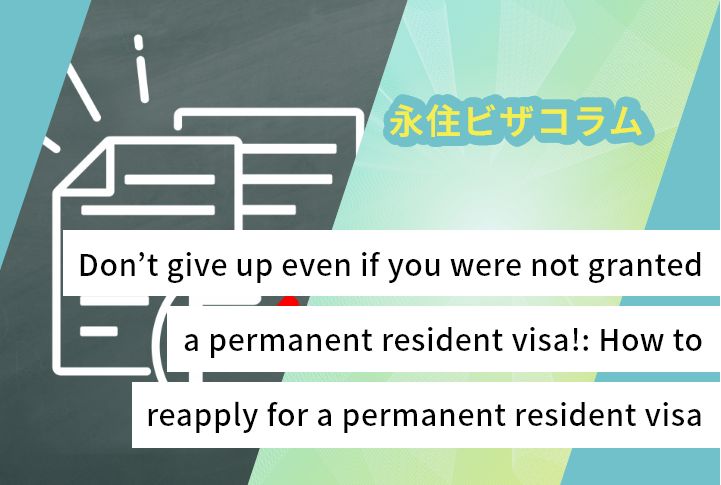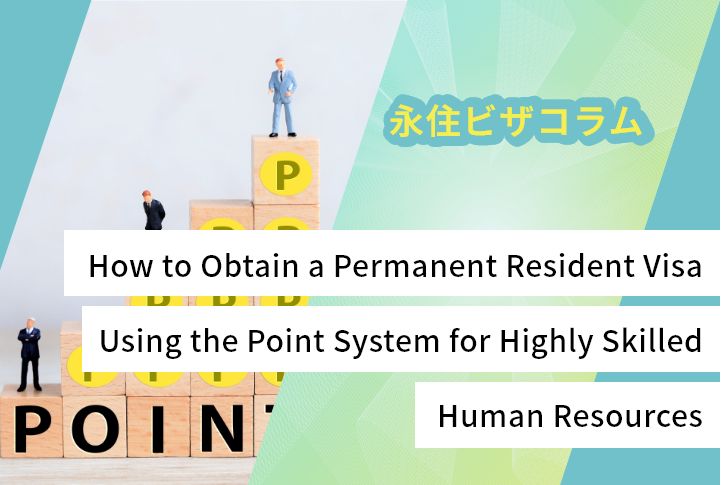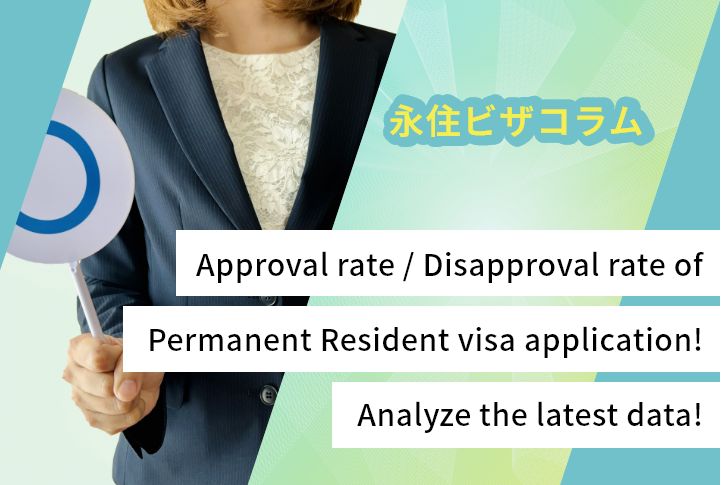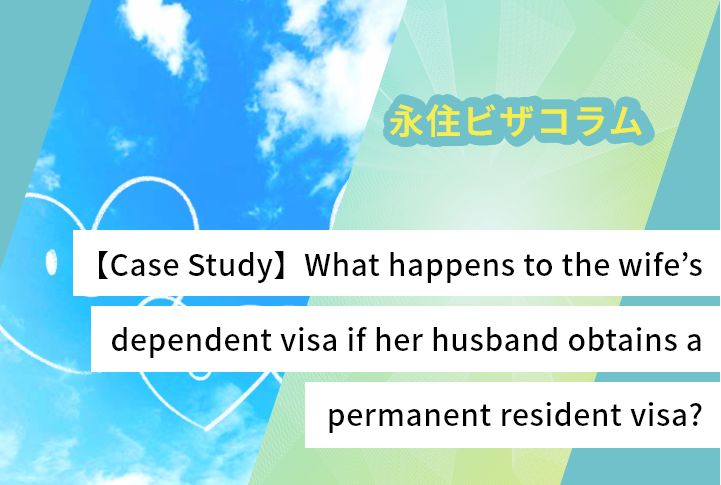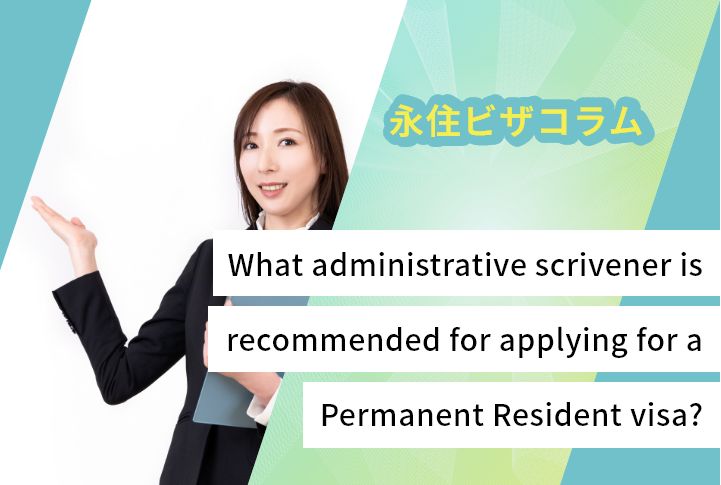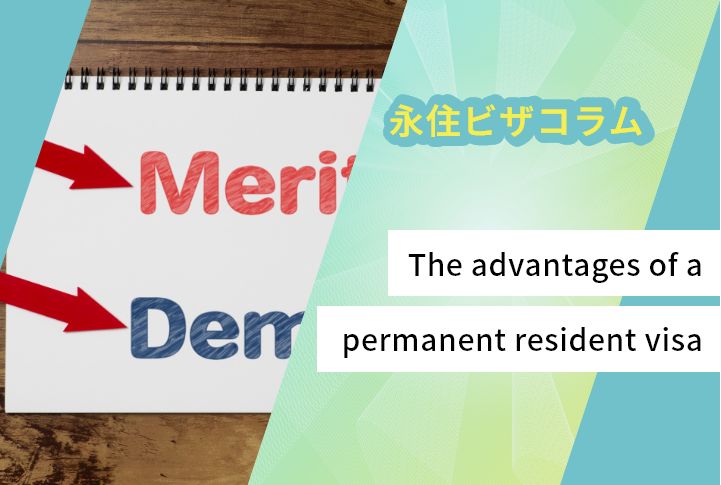Important points of application for a permanent resident visa learnt from cases where permission was not granted
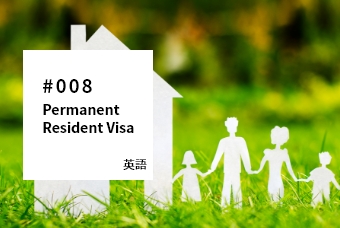
In this article, we would like to verify actual cases where permission for permanent residence was not granted, based on the “Guideline for Permission for Permanent Residence” disclosed to public by the Ministry of Justice. The permanent residency is getting to be more difficult to obtain recently, and we would like to especially focus on the matters which may cause rejection of the application.
Index
1.The causes of rejection of application for permanent resident visa
We daily hear from our new clients that they applied for a permanent resident visa on their own and got rejected. In recent years, examination pertaining to permanent residency has become more strict, and our impression is that it has become more difficult to obtain a permanent resident visa.
Actually, the Ministry of Justice amended the Guideline for Permission for Permanent Residence in May 31st, 2019 and added items on taxation and a new matter subject to examination, which is whether the applicant adequately fulfills duties such as the payment of public pension contribution and public health insurance contribution, as well as notification in accordance with the Immigration Control and Refugee Recognition Act. Due to such amendments, there are more and more cases rejected although they could have been accepted under the requirements before such amendment.
Furthermore, since July 1st, 2019, the Ministry of Justice has requested to submit additional documents together with application for permanent residency, which are “a certificate of the payment pertaining to withholding income tax and the special income tax for reconstruction, income tax return and the special income tax for reconstruction, consumption tax and local consumption tax, inheritance tax, and/or donation tax (No. 3),” “the Pension Coverage Regular Notice (nenkin-teikibin) (which shows records of pension during the whole term),” “duplicates of receipts of national pension premiums (in case of a person in the position of being insured by national pension within the most recent two (2) years),” etc.
Thus, it is expected that the examination on permanent residency will be more and more strict along with the tightening of requirements and increase in number of required documents.
We hereby take a look at typical examples of cases where a permanent resident visa is often not granted.
(1) Income
Your income is the biggest point that decides if you are granted a permanent resident visa. It may vary a little, depending on where you live and what type of visa you have, but it is said that about 3 million yen is the standard for annual income necessary to obtain a permanent resident visa (3 million yen is the standard in practice and not written in the Immigration Act or the Guidelines).
When a holder of a work visa or long-term resident visa applied for a permanent resident visa, the most recent 3 years of income used to be checked until recently. Since July 1st, 2019, the submission of the income certificates for the last 5 years have been required due to the amendments of the Guideline for Permission for Permanent Residence. Additionally, in case of a holder of a spouse visa applying for a permanent resident visa, the submission of income certificates of the last 3 years are required while only the last one year income used to be examined until recently.
Even in case that your income is less than 3 million yen in all those years in the submitted income certificates, if you can prove from the number of years of work, etc. that your income is gradually increasing and you will continue to be financially stable, you may be granted permanent residency like some cases. Should you have any questions or worry, please feel free to contact us!
(2) Dependent
In many cases, the permanent residency is not granted on the ground that there are too many dependents, compared with income.
If, as dependents, you count your parents and siblings who live abroad, in addition to the family you live with in Japan, you are subject to a certain deduction of income tax under tax laws. On the other hand, such tax exemption for dependents may cause trouble when you are applying for a permanent resident visa.
In connection to this matter, we are often asked if it is better off not to count families living abroad as dependents. If tax is exempted although there is no situation of supporting the families, there is a possibility that you are found to be breaching your duty to pay tax. In such case, of course, the answer is that you should not include them in your dependents.
Contrarily, for cases where it is necessary to support the families and also there is actual situation of supporting the family, the Immigration Services Agency does not forbid tax exemption for dependents. The Immigration Services Agency is only checking whether the person is able to maintain financial stability while supporting so many dependents, which is the basis of tax exemption. Reducing the number of dependents is therefore a matter to be considered if there are too many dependents compared with your income.
This point is also difficult to judge, so if you are not sure, please feel free to contact us!
(3) Frequency of traveling abroad
If you are outside of Japan for many days or travel abroad frequently, there is a risk that you will not be granted permanent residency.
If you are outside of Japan for more than half a year, such fact can be a basis of the judgement that you are not based in Japan, and there is a high risk that you will not be granted permanent residency.
Having said that, in cases where a foreigner often travels abroad or stays abroad for a long period of time for the purpose of business, there is a possibility that the person will be granted permanent residency. For that, it is necessary to clarify the reasons for the departures and to explain that such reasons, the frequency, and the duration of such trips are reasonable. There was a case where an applicant for permanent residency requested his company to prepare a document with a list of business trips and eventually succeeded in receiving permanent residency.
(4) Pension premiums that are unpaid or in delinquency
Foreigners who are 20 years old or older and have address in Japan must enter the Japanese national pension system, just like Japanese people. If you have a work visa and have entered an employee’s pension system, there should be no problem usually, but if you are a member of the national pension fund, you should be careful.
Among other things, we are often asked questions related to pension by holders of a spouse visa whose spouse is a sole proprietor. They are worried as they have never paid pension or are falling behind of payments of pension premiums.
Before July 2019, the payment record of pension premiums was not publicly required to be submitted as a part of application for permanent residency. Since July 2019, it’s been required, and there have been many cases where permanent residency is not granted because pension premiums are unpaid or in delinquency.
If there are pension premiums unpaid or in delinquency, how should we handle it?
You can pay pension premiums fallen behind for the most recent 2 years. You should pay them off before you apply for a permanent resident visa.
Nevertheless, paying them off doesn’t directly leads you to be granted permanent residency. We recommend you to wait for a while before you apply for a visa because it is better to create a record of your periodical payments of pension premiums which are made without delay.
At the same time, if you have a spouse visa, the situation of payments of pension premiums by your spouse is also subject to examination. You should pay attention to your spouse’s status of payment of pension as well as yours.
It is very important to check if there are any pension premiums unpaid or in delinquency before you apply for a permanent resident visa.
2. Summary
If you are granted permanent residency, there will be no need to apply for extension of period of stay or for change of status of residence. The application for permanent residency is therefore the last application to be examined by the immigration authority regarding how each applicant lives in Japan. For that reason, many matters are subject to examination, and the condition of stay in Japan before the submission of the application will also be checked.
Please note that, other than the elements explained above, the nonpayment and delinquency of national health insurance premiums, delinquency of tax, the seriousness and frequency of traffic violation, the length of stay in Japan, career, etc. are also elements that may cause rejection of application for permanent residency.
In order to obtain a permanent resident visa, you should know the requirements of permanent resident visa and matters to be examined, so you can verify if you meet each requirement. We are not able to explain all matters that may cause rejection of application here for want of space, but should you have any question as to application for a permanent resident visa, please feel free to contact us!








